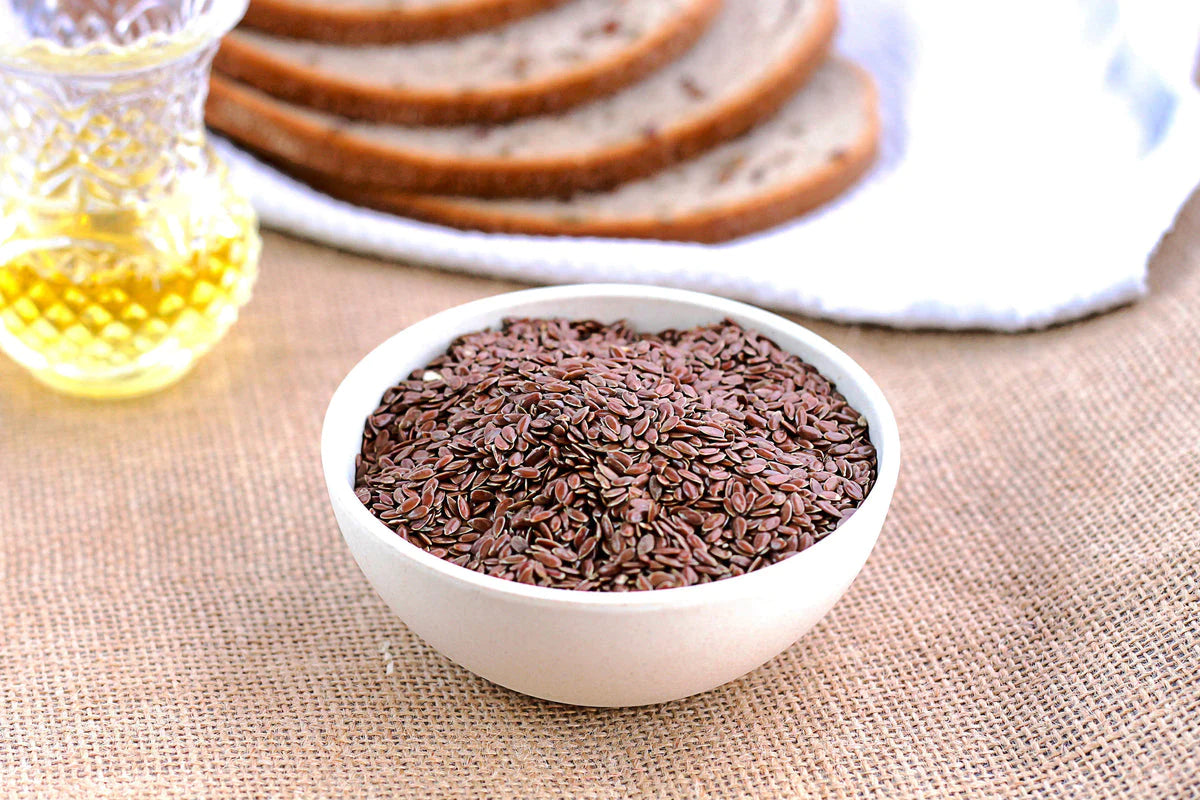Zinc - What it is, effects and intake
In the following, we will tell you everything you need to know about zinc. Among other things, we clarify what benefits zinc can have for you or how much zinc you should generally take. Did you know that zinc is involved in many integral biological processes?
What is zinc?
Zinc is an essential trace element. It is found in the skin, hair and bones. However, the body cannot produce this important trace element itself and, above all, can only store small amounts in the body. Therefore, a zinc-rich diet is particularly important and must not be underestimated in any case.

What foods contain zinc?
Everyone can absorb zinc through their diet. Among other things, meat (beef, pork, poultry), eggs, and cheese are considered rich in zinc. But zinc is also found in nuts, legumes, cereal products, and seeds; thus, vegans and vegetarians can also maintain their zinc supply.
Also, our All Clear My Dear Skin Vitamins, our Ah-Mazing Hair Vitamins, and You Glow, Girl Skin Vitamins contain zinc.
What are the benefits of taking zinc?
As mentioned, zinc is involved in many biological processes in the body, as it is an essential building block for many enzymes. Thus, zinc is important for cell division and plays a major role in the immune system.
In addition, zinc affects fertility and contributes to normal cognitive function. Zinc is also popular for skin, hair and nails and is said to be a wound healer.

NASSIM JAMALZADEH:
"Zinc not only influences our immune system but also plays an important role in cell division and wound healing. That's why a good zinc supply is very important."
FAQS ABOUT ZINC
FAQS ABOUT ZINC
How often one should take zinc depends on each person. If you consume plenty of it through your diet and can thus cover your daily needs, an additional intake is not necessary. It is best to ask your doctor and have regular blood work done.
This depends mainly on gender and age, as well as various other factors, such as whether you are pregnant, breastfeeding, or have any medical conditions. However, the NHS (National Health Service) recommends a daily amount of between 7-16 mg/day. However, it must be mentioned that the information from the NHS are recommendations and not maximum amounts.
To reach an overdose with zinc is probably easier in our society than to suffer from a zinc deficiency. With a balanced and nutritious diet it should not be a problem to be sufficiently supplied with zinc. However, with additional supplements it can of course lead to an overdose. This is characterised mainly by nausea, loss of appetite, abdominal cramps and diarrhoea.
Let customers speak for us
Studies on the importance of zinc
We provide the following scientific studies for your general information. The results obtained in these studies do not necessarily apply to all individuals. Feel free to click on the corresponding links to get more detailed information.
Zinc: role in immunity, oxidative stress and chronic inflammation.
This study is about the fact that supplementation of zinc could be successfully used against the treatment of various diseases.
Zinc: an important micronutrient
This report addresses the question of whether zinc is effective in preventing upper respiratory or diarrheal diseases in developing countries.
Our bears with zinc
Our bears with zinc


















